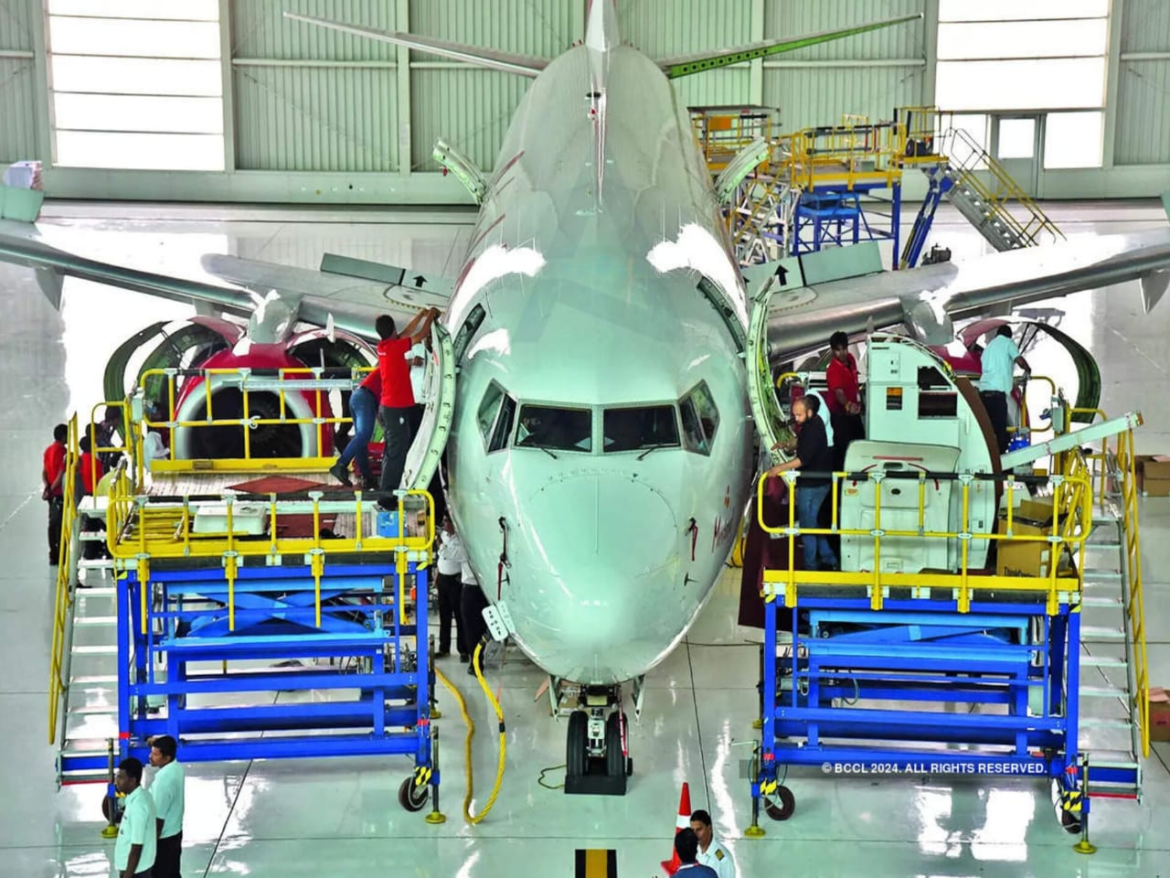The recent clarification on Goods and Services Tax (GST) in India marks a pivotal moment for the Maintenance, Repair, and Overhaul (MRO) industry, offering a clearer framework that aims to bolster competitiveness. The MRO sector, crucial for maintaining aircraft safety and efficiency, has historically faced challenges due to ambiguities in tax regulations under GST.
The GST clarification brings much-needed clarity on several fronts. Importantly, it confirms that MRO service providers can claim Input Tax Credit (ITC) on goods and services used in aircraft maintenance. This includes spare parts, components, consumables, and other essentials needed for operations. By allowing ITC, the clarification reduces the tax burden on MRO activities, making it more cost-effective for companies to operate in India.
Moreover, the clarification addresses the tax treatment of services provided to foreign airlines. It ensures that services rendered to foreign airlines operating international flights are treated as exports, thereby qualifying for zero-rated GST. This move aligns with international practices and enhances India’s appeal as a preferred destination for MRO services among global airlines.
The GST clarification also simplifies procedures for MRO service providers by providing clarity on the applicability of GST on various services and transactions. This transparency is expected to streamline compliance and administrative processes, reducing complexity and uncertainty for businesses operating in the sector.
Overall, the clarity provided by the GST clarification is set to transform the Indian MRO industry, making it more competitive on the global stage. It encourages investment, promotes growth, and enhances operational efficiency within the sector. As the aviation industry continues to recover and expand post-pandemic, these regulatory improvements position India as a promising hub for MRO activities, fostering economic development and job creation in the process.

